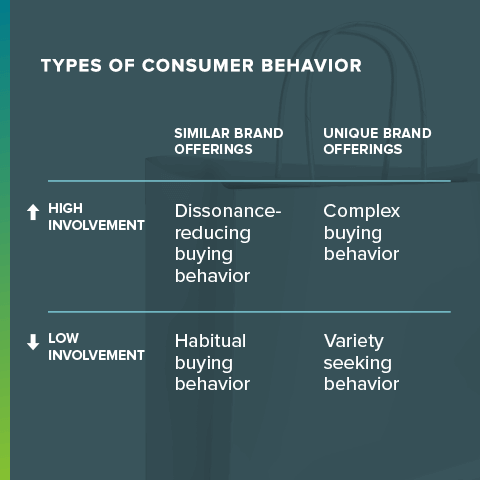Imagine a world where you have all the time in the world to make purchase decisions. Sounds great, right? Well, not necessarily. In today’s fast-paced society, where time is a precious commodity, businesses have tapped into the power of time-limited offers to sway consumer behavior. These limited-time deals create a sense of urgency, pushing us to act quickly and make impulsive buying decisions. But how exactly do these time-limited offers influence our behavior? Let’s explore the psychology behind these enticing deals and discover just how influential they can be.
The Importance of Scarcity in Marketing
In the world of marketing, creating a sense of scarcity is a powerful tool that can have a significant impact on consumer behavior. Scarcity refers to the limited availability of a product, service, or opportunity, and it can be effectively used to attract attention, create a sense of urgency, and drive sales. By understanding how scarcity works and leveraging it in our marketing strategies, we can increase customer engagement, drive conversions, and build brand loyalty.
What is scarcity?
Scarcity, in the context of marketing, is the perception that a particular product, service, or offer is in short supply or unavailable to the majority of people. This perception can be created through various means, such as limited quantities, time-limited offers, exclusive deals, and more. The goal is to make the consumer feel that they must act quickly or risk missing out on a valuable opportunity.
Scarcity as a psychological factor
Scarcity taps into the psychology of human behavior, specifically our fear of missing out (FOMO) and our desire to possess things that are perceived as rare or special. It triggers a sense of urgency and stimulates our instinct to get something before it’s gone. As humans, we have an innate drive to acquire and possess items that are scarce, as they are often associated with higher value and prestige.
Effect of scarcity on consumer behavior
Scarcity can have a profound effect on consumer behavior, influencing everything from purchasing decisions to brand loyalty. When faced with scarcity, our brains switch into a mode of heightened attention and motivation. We become more focused, more willing to take risks, and more likely to make impulsive buying decisions.
Time-limited offers are a common method used to leverage scarcity in marketing. By creating a sense of urgency and limited availability, these offers tap into our fear of missing out, triggering a strong desire to act immediately. Furthermore, scarcity-driven marketing strategies can also increase the perceived value of a product or service, making it more desirable to consumers.
Understanding Time-Limited Offers
Definition of time-limited offers
Time-limited offers are marketing promotions that are only available for a specific period. They often feature discounts, exclusive deals, or bonuses, but the key element is the limited time frame in which they are available. These offers create a sense of urgency and encourage consumers to take immediate action to avoid missing out on the benefits.
Characteristics of time-limited offers
Time-limited offers share several characteristics that make them effective in driving consumer behavior. Firstly, they have a clear and specific duration, creating a sense of urgency and scarcity. Secondly, they often provide a tangible benefit or reward, such as a discounted price or exclusive access. Finally, time-limited offers typically have a clear call to action, guiding consumers on how to take advantage of the offer within the specified time frame.
Examples of time-limited offers
There are various examples of time-limited offers that have been successfully used in marketing campaigns. Flash sales, where products are offered at a significant discount for a limited time, are a common example. Limited-time promotions, such as “buy one, get one free” deals, also leverage scarcity to drive consumer behavior. Another example is early bird pricing, where discounts are offered to those who purchase or pre-order a product before a certain date. These offers create a sense of urgency and motivate consumers to act quickly to secure the benefits.
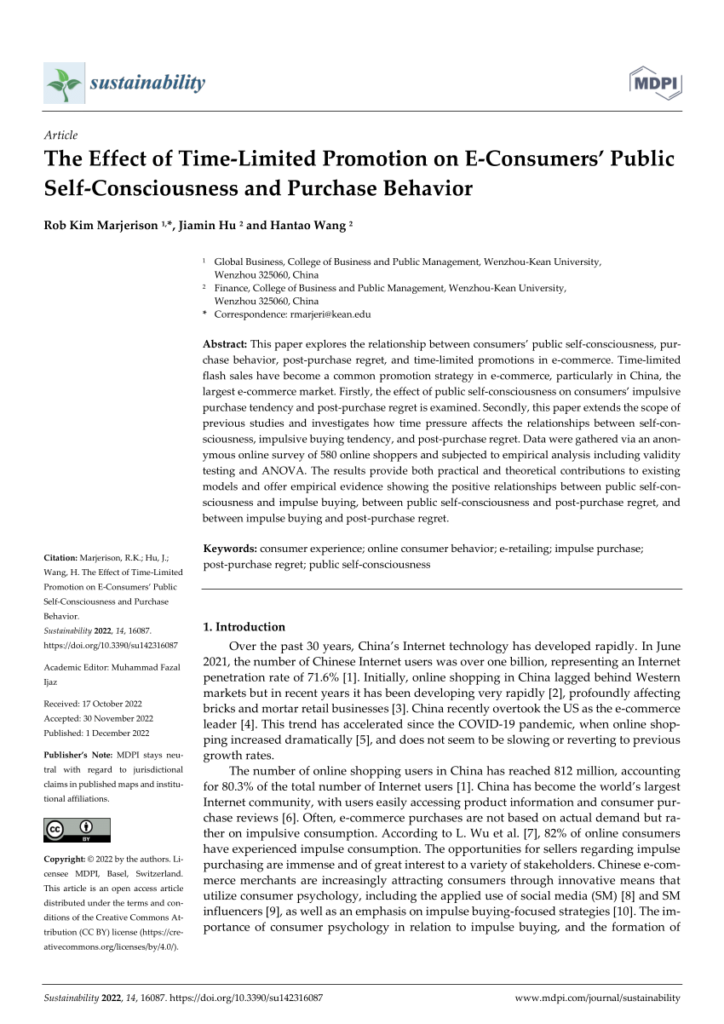
This image is property of i1.rgstatic.net.
Creating a Sense of Urgency
Limited quantity
By emphasizing limited quantities, marketers can create a sense of urgency and scarcity. When consumers perceive that a product or service is in high demand and low supply, they are more likely to act quickly and make a purchase to avoid missing out. Limited quantity tactics can be used in various ways, such as highlighting the remaining stock, showcasing the number of customers who have already purchased, or offering exclusive access to a select few.
Expiration date
Setting an expiration date for an offer is another powerful way to create a sense of urgency. When consumers know that an offer will only be available for a limited time, they understand that they must act quickly or risk losing out on the benefits. This time constraint triggers their innate fear of missing out and motivates them to take immediate action. Clearly displaying the expiration date and regularly reminding consumers of the deadline can further enhance the sense of urgency.
Exclusive deals
Offering exclusive deals to a specific group of customers can also create a sense of urgency and exclusivity. By making consumers feel like they are part of a select few who have access to a particular offer, they are more likely to value and take advantage of it. Exclusive deals can be offered to loyal customers, members of a loyalty program, or subscribers to a newsletter, creating a sense of privilege and reward.
The Fear of Missing Out
Definition of FOMO
FOMO, or the fear of missing out, is a psychological phenomenon characterized by the anxiety and worry of not being included in or missing out on exciting or valuable experiences. It is the feeling of being left behind or deprived when others are enjoying something that we are not. FOMO is driven by the innate human desire to be part of a community, to be involved, and to experience what others are experiencing.
FOMO and time-limited offers
Time-limited offers are directly linked to the fear of missing out. By creating a limited-time opportunity, marketers tap into this fear and trigger a strong desire in consumers to act immediately. The fear of missing out on a valuable deal, discount, or exclusive access motivates consumers to make a purchase or take advantage of the offer right away, as they do not want to feel left out or deprived.
FOMO as a motivator
FOMO has a powerful effect on consumer behavior. People feel compelled to participate in events, purchase products, or take advantage of offers simply because they fear missing out. This fear can override rational decision-making and drive impulsive and immediate actions. Marketers can leverage FOMO by creating a sense of urgency, emphasizing limited availability or exclusive access, and highlighting the potential benefits or rewards that consumers may miss out on if they do not act quickly.
The Power of Psychological Reactance
Definition of reactance
Psychological reactance is a psychological phenomenon that occurs when an individual’s freedom or autonomy is threatened or limited. It is the emotional and cognitive response to the perception of being restricted or controlled. Reactance arises from our natural inclination to resist being told what to do or what we can’t have, and it can drive us to seek out and obtain the restricted or prohibited item or opportunity.
Reactance theory
Reactance theory suggests that when our freedom or autonomy is threatened, we experience a strong motivation to restore it. This motivation manifests as a desire to regain the restricted item or opportunity, even if we did not have a strong initial desire for it. This theory explains why scarcity and limited availability can be powerful motivators in consumer behavior. When faced with scarcity, consumers may value a product or offer more highly simply because it is limited or restricted.
Reactance and time-limited offers
Time-limited offers leverage psychological reactance by presenting consumers with a limited-time opportunity that threatens their freedom of choice. The scarcity created by a time constraint increases the perceived value of the product or offer, as consumers believe they may miss out if they do not act quickly. This perception triggers reactance, motivating consumers to assert their autonomy by making a purchase or taking advantage of the offer before it expires, effectively restoring their sense of freedom.
Creating Perceived Value
Price anchoring
Price anchoring is a psychological technique that involves the placement of a high-priced item next to a lower-priced item to make the lower-priced item seem more attractive and valuable. Scarcity can be used in conjunction with price anchoring to create a perception of higher value. By presenting a limited-time offer at a discounted price, marketers can anchor the original, higher price to the product in the minds of consumers. This creates a perception of value, making the offer more appealing and motivating consumers to make a purchase.
Perceived exclusivity
Scarcity can also be used to create a sense of exclusivity, which enhances the perceived value of a product or offer. When consumers believe that a product or opportunity is rare, limited, or available only to a select few, they assign higher value to it. Marketers can leverage this perception by highlighting the exclusivity of their offers, such as limiting access to a specific time period, offering early access to a select group, or creating VIP tiers within a loyalty program. This perceived exclusivity enhances the desirability of the offer and increases the likelihood of conversion.
Sense of gratification
Scarcity can create a sense of anticipation and delayed gratification, which can enhance the psychological value of a product or offer. When consumers know that an opportunity or deal is limited in time or availability, they experience a heightened sense of anticipation and desire to possess it. This sense of gratification is amplified when they are able to secure the limited product or take advantage of the time-limited offer. By using scarcity effectively, marketers can tap into this psychological gratification and create a stronger emotional connection with consumers.
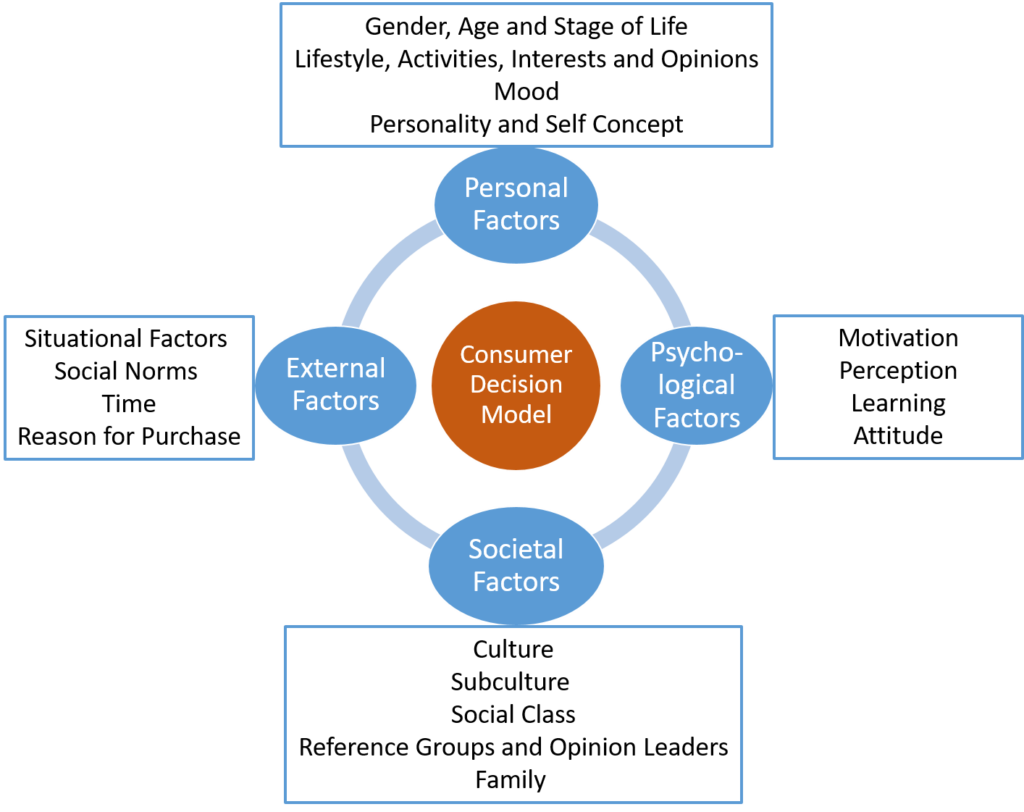
This image is property of pressbooks.library.ryerson.ca.
Boosting Impulse Buying
Triggering impulsive behavior
Scarcity has a direct impact on impulse buying behavior. When consumers encounter a time-limited offer or perceive an item as scarce, they are more likely to make impulsive buying decisions. The fear of missing out, coupled with the perception of limited availability, can override rational decision-making processes and lead to impulse purchases. Marketers can enhance this impulsive behavior by creating a sense of urgency, presenting limited-time offers, and highlighting the potential benefits or rewards that consumers may miss out on if they do not act quickly.
Time-limited offers and impulse buying
Time-limited offers are designed to exploit our impulsive tendencies. By creating a limited-time opportunity, marketers tap into our desire to possess something rare or exclusive. Consumers feel compelled to make impulsive purchases to avoid missing out on the benefits or rewards associated with the offer. In the context of online shopping, where the checkout process is often streamlined and instantaneous, the barrier to impulse buying is further reduced. Time-limited offers can significantly boost impulse buying behavior and drive immediate conversions.
Regret and impulse purchases
While time-limited offers can be effective in boosting impulse buying, it is important to consider the potential post-purchase emotions that consumers may experience. Impulse purchases made under the influence of scarcity and urgency may lead to regret or dissatisfaction later on. Marketers should be mindful of this and strive to create a positive post-purchase experience by delivering on the promises made during the scarcity-driven marketing campaign. This can help minimize post-purchase regret and build long-term customer satisfaction and loyalty.
Utilizing Social Proof
Influence of social proof
Social proof is a psychological phenomenon where people assume that the actions or choices of others reflect the correct behavior in a given situation. It is the tendency to look to others for guidance in decision-making, especially when faced with uncertainty or ambiguity. In the context of marketing, social proof can be a powerful tool to influence consumer behavior and promote conversions. Consumers are more likely to trust, value, and follow the choices of others, particularly those they perceive as similar or credible.
Social proof and time-limited offers
Time-limited offers can be further enhanced by incorporating social proof elements. By showcasing the experiences, testimonials, or actions of others who have taken advantage of the time-limited offer, marketers can increase its perceived value and desirability. This can be achieved through customer reviews, ratings, user-generated content, or testimonials. When consumers see that others have benefited from the limited-time offer and had positive experiences, they are more likely to trust the offer and feel a sense of urgency to take advantage of it themselves.
Encouraging immediate action through social proof
Incorporating social proof elements into time-limited offers can also encourage consumers to take immediate action. By showcasing the number of people who have already purchased or taken advantage of the offer, marketers create a sense of urgency and trigger the fear of missing out. When consumers see that others are acting quickly to secure the benefits of the offer, they are more likely to follow suit and make an immediate purchase or take advantage of the deal. Social proof can be a powerful motivator that complements the scarcity-driven marketing strategy.
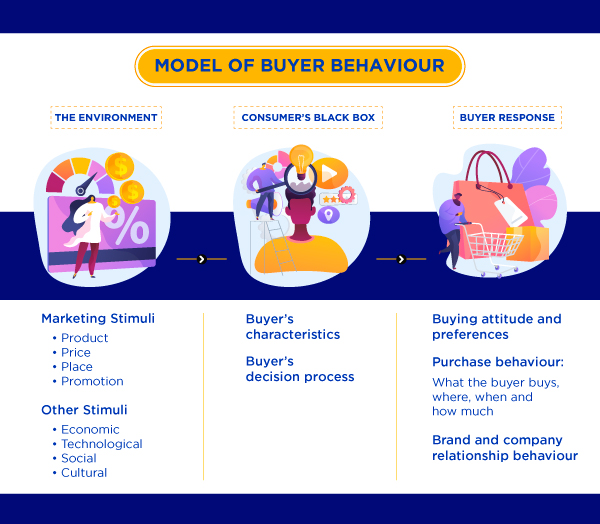
This image is property of d1m75rqqgidzqn.cloudfront.net.
Building Customer Loyalty
Establishing a sense of reward
Scarcity can be a valuable tool in building customer loyalty. By offering time-limited rewards, exclusive access, or special benefits to loyal customers, marketers can create a sense of privilege and value. This fosters a stronger emotional connection between the brand and the consumer, increasing the likelihood of repeat purchases and long-term loyalty. When customers feel that they are part of a select group that receives unique opportunities, they are more likely to continue engaging with the brand and advocating for it.
Repeat purchase behavior
Scarcity-driven marketing strategies can also influence repeat purchase behavior. When consumers perceive an offer as limited or exclusive, they are more likely to make repeat purchases to ensure that they continue to benefit from the perceived value. Whether it is a subscription-based service, a loyalty program with tiered rewards, or periodic time-limited promotions, creating a sense of scarcity can encourage customers to make ongoing purchases and engage with the brand on a regular basis.
Promoting brand loyalty
By effectively utilizing scarcity in marketing, brands can promote strong and lasting customer loyalty. When consumers feel that they are part of a select group that receives exclusive offers, benefits, or rewards, they develop a sense of attachment and loyalty towards the brand. This loyalty can lead to increased customer retention, positive word-of-mouth, and a higher lifetime value for each customer. By continuously providing unique and limited-time opportunities, marketers can nurture strong brand advocates and build a loyal customer base.
Ethical Considerations
Avoiding deceptive practices
While scarcity can be a powerful marketing tool, it is important to use it ethically and avoid deceptive practices. Misleading or falsely creating scarcity can damage consumer trust, harm brand reputation, and lead to legal repercussions. Marketers should ensure that the scarcity they present is genuine and transparent, accurately reflecting the availability or limited-time nature of the offer. Honesty and transparency in scarcity-driven marketing campaigns are fundamental to maintaining trust and building long-term customer relationships.
Transparency and trust
Transparency is essential when leveraging scarcity in marketing strategies. Consumers should have a clear understanding of the limitations, availability, and terms of the offer. Clearly communicating the duration of a time-limited offer, the specific benefits or rewards, and any terms or conditions associated with it helps build trust between the brand and the consumer. Providing accurate information and avoiding any unnecessary confusion or ambiguity is crucial in maintaining consumer confidence and fostering long-term loyalty.
Balancing urgency and honesty
While creating a sense of urgency is a fundamental aspect of scarcity-driven marketing, it is essential to balance this with honesty and integrity. Marketers should avoid using manipulative tactics or false scarcity claims that exploit the fear of missing out. Instead, they should focus on genuinely limited opportunities or products. By striking a balance between urgency and honesty, marketers can effectively leverage scarcity to drive consumer behavior while maintaining ethical standards and building long-term customer trust.
In conclusion, scarcity plays a vital role in marketing by leveraging psychological factors and influencing consumer behavior. Time-limited offers, creating a sense of urgency, emotional triggers such as FOMO, and the power of psychological reactance are all aspects that marketers can utilize to create perceived value, encourage impulse buying, utilize social proof, build customer loyalty, and achieve ethical success. By understanding the importance of scarcity and incorporating it into marketing strategies, businesses can thrive in an increasingly competitive marketplace and connect with consumers on a deeper level.
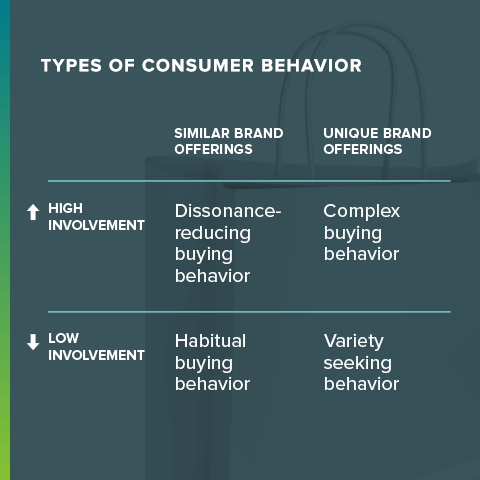
This image is property of terakeet.com.


